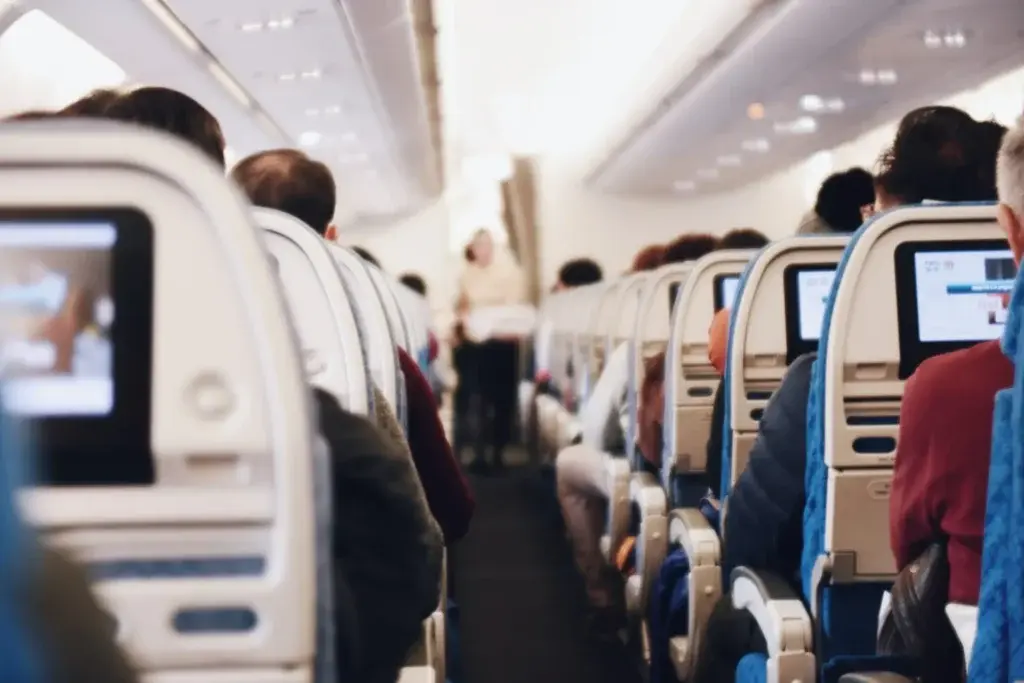Prix moyen constaté
8,05€/Pers*
*Tarif pour un voyage d’une semaine pour une personne de 30 ans (sans annulation).

Planning a trip to Brazil: what papers do you need? How can you make sure you're well covered during your stay? How do I take out travel insurance for Brazil? We tell you all about it in our complete guide!

COVID-19
Full "recommended" vaccination schedule

Mandatory documents
Valid passport is required

Residence permits
Only for stays over 90 days

Currency
Real

Vaccination
Yellow fever

Travel insurance Brazil
500,000 coverage recommended by Yupwego

Best period
May to October

Emergency numbers
medical emergencies - 192
Useful information about luggage shipping to Brazil
Start your quote now and obtain your Brazil medical insurance certificate, which covers medical expenses up to €500,000.
Discover Brazil
Brazil at a glance
Brazil is a Latin American country known for its vast expanses of rainforest, famous samba music and lively carnivals. From colorful cities like Rio de Janeiro and Salvador de Bahia to the vast white-sand beaches of the Costa Verde, Brazil offers a wide variety of tourist experiences. Tourists can also discover Brazil's culinary culture, with traditional dishes such as feijoada, a black bean and pork dish, and churrasco, a Brazilian barbecue. The best time to visit Brazil is from June to September, when the weather is drier and cooler in the southern and eastern regions.
Must-sees
See our complete guide to in Brazil.
Travel insurance Brazil
Is travel insurance compulsory in Brazil?
Travel insurance is not required to visit Brazil. However, we strongly recommend that all travelers take out travel insurance.
Why should you take out travel insurance for Brazil?
Travel insurance for Brazil is recommended for a number of reasons:
- Medical expenses: In the event of illness or injury, medical expenses can be very high in Brazil, especially if you have to be hospitalized. Travel insurance will cover these costs, so you don't have to pay out of pocket.
- Repatriation: If you need to be evacuated to receive appropriate medical care, travel insurance can cover the cost of evacuation, which can be very expensive.
- Third-party liability: If you cause damage to others or property, travel insurance can cover the cost of third-party liability.
- Loss and theft: If your luggage is lost or stolen, or if you lose money or valuables, travel insurance can cover these losses.
- Cancellations and delays: If your trip is cancelled or delayed due to unforeseen circumstances, such as illness or natural disaster, travel insurance can cover the associated costs.
What does my YUPWEGO Brazil travel insurance cover?
To travel to Brazil, YUPWEGO recommends a minimum cover of €500,000. Here's just one of the coverages we offer for each of our contracts:
À savoir avant de partir
What are the entry requirements for Brazil?
Entry requirements for Brazil depend on the nationality of the traveler. In general, travelers need a valid passport and a visa to enter Brazil. However, nationals of certain countries are exempt from visa requirements for tourist stays of up to 90 days.
Jet lag
The time difference between France and Brazil is 4 hours less for France.
How can I insure myself for the long term?
If you wish to insure yourself for a long period in Brazil, you may consider taking out
expatriation insurance
specially designed for expatriates, or a
PVT insurance
insurance if you're studying or doing an internship abroad.
Health and care in Brazil
What are the health risks in Brazil?
Brazil is a vast country and health risks can vary from region to region, however, some common risks include dengue fever, zika and chikungunya, yellow fever (mainly in tropical regions) and water-borne diseases. It is therefore important to consult a doctor before leaving, and to take the necessary precautions depending on the region you are visiting.
What type of plumbing system should I use?
It is recommended to use private healthcare facilities in Brazil, as they offer better quality care than public facilities.
Responsible travel in Brazil
How can you reduce risks by traveling responsibly?
- Respect safety standards, especially in large cities and tourist areas.
- Avoid carrying valuables or cash in public.
- Use official cabs and do not take unauthorized public transport.
- Be vigilant in areas frequented by tourists, especially at night.
- Avoid drinking tap water and prefer bottled water.
- Watch out for raw or undercooked foods.
- Use mosquito repellents to avoid diseases such as Zika, dengue and chikungunya.
- Respect nature and don't leave litter.
- Be respectful of local culture and customs.


















